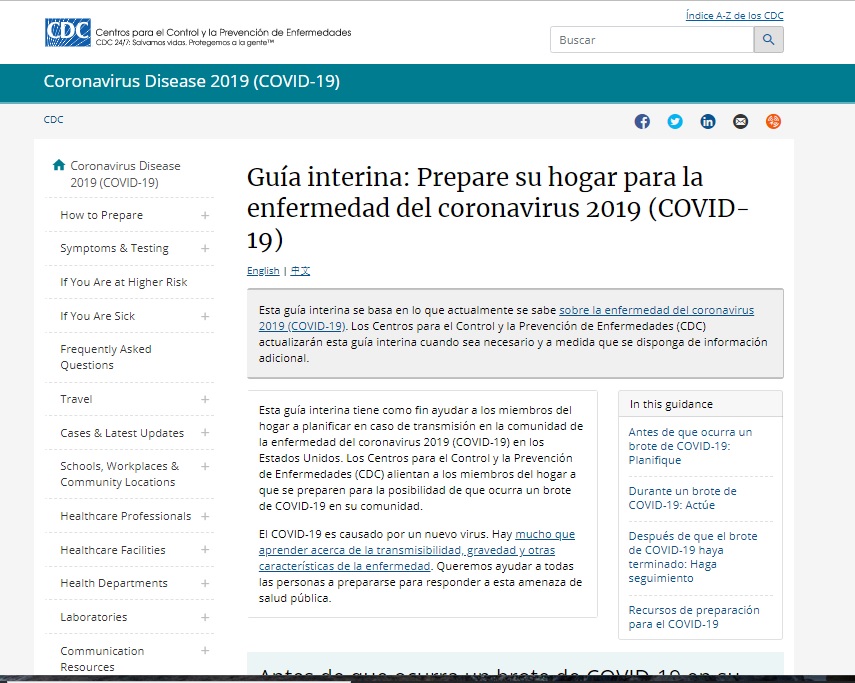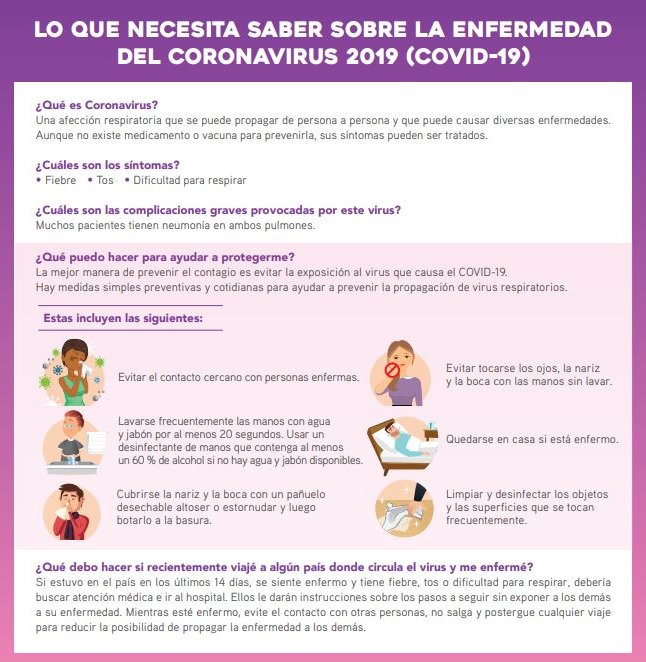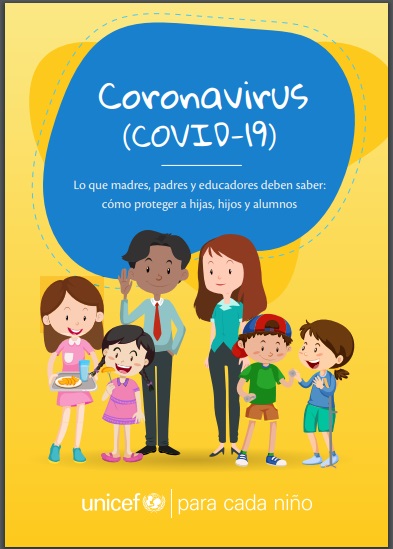Sandi Lilly
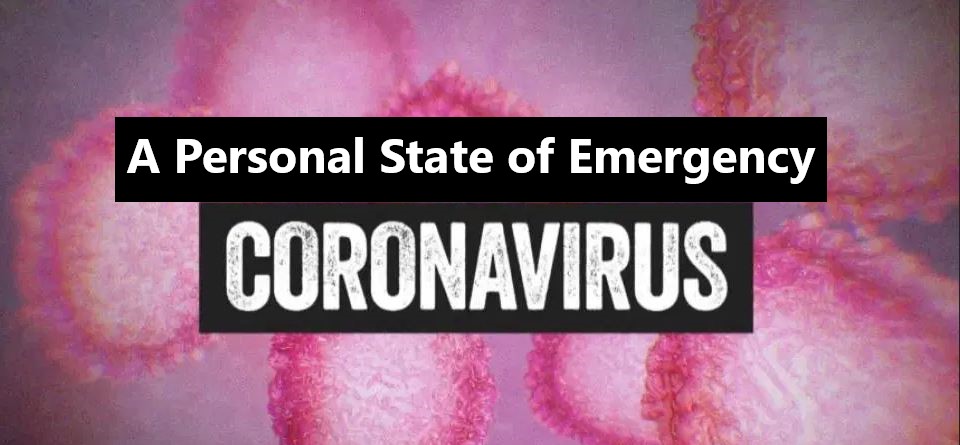
Across the United States this week, you’ll likely be seeing the National Guard activated in several capacities. During the State of Emergency, the Guard deploys to assist with disaster relief. These individuals stand ready to help with tasks ranging from assisting with meal delivery services to helping to set up supply and relief distribution centers. They’ll be working throughout the country providing helping hands, keeping the local police forces free to help maintain law and order in your neighborhoods. In addition, the National Guard will also be deploying Medical Task Force Teams, made up of skilled medical professionals, to help provide additional medical care where it’s needed most.
During any national emergency, you’ll hear phrases like “the guard is being called out”. This does not automatically mean that the situation has grown dramatically worse in the last few days. It does, however, mean that your government is gaining access to Federal funding and resources so that if the situation continues to worsen, they are better prepared to deal with the emergency.
As schools close, restaurants shut down, bars shutter their doors, and we hear about the National State of Emergency, it’s easy to become panicked. However, in any time of struggle, one of the most important things you can do is to find a way to ground yourself and stay calm. As we face this outbreak as a nation, there are a few things that you and your family can do to help:
1 – Social Distancing: Put simply, stay home and stay away from contact with people. Even if you are feeling well, you may spread the virus to someone else who is more at risk of serious illness. For the time being, the best thing that you can do is to get comfortable at home with your family and settle in for a bit.
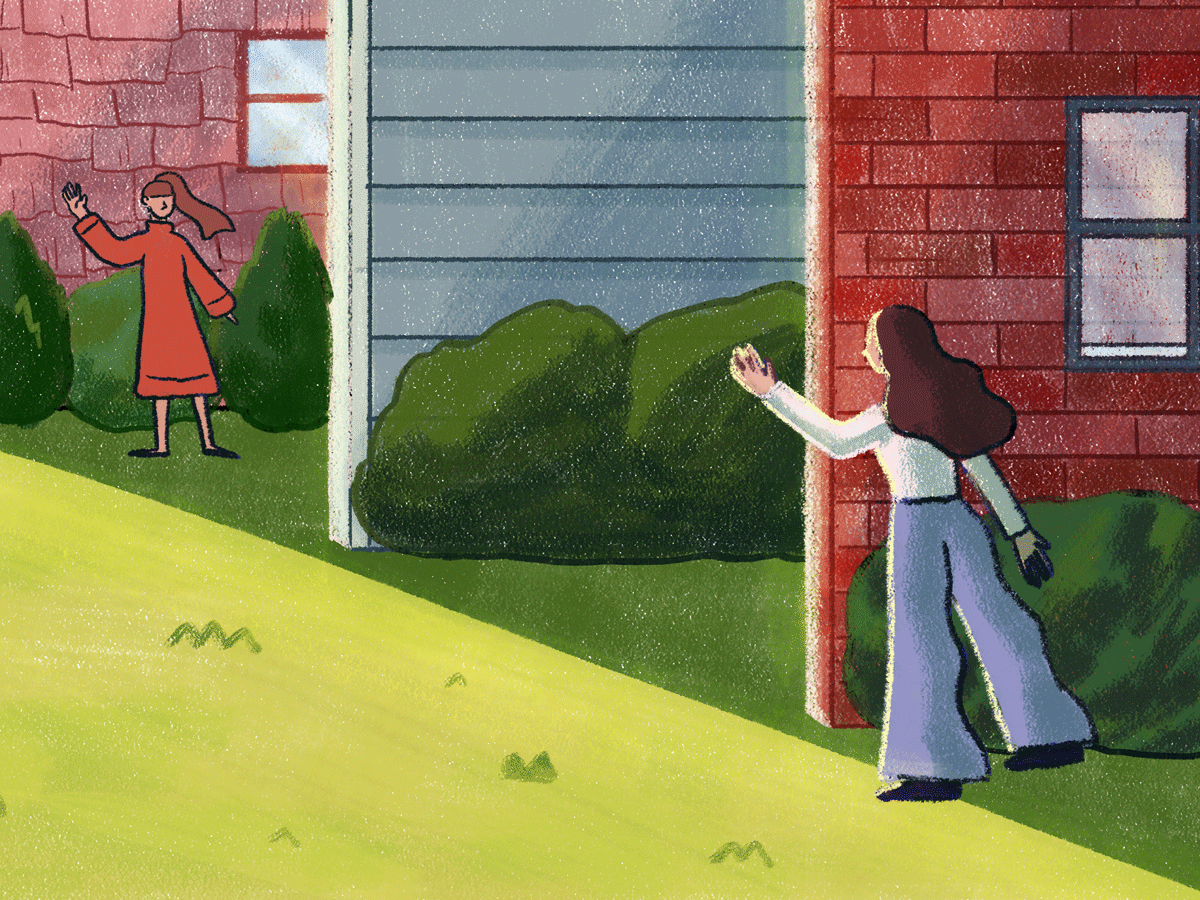
2 – Stay Calm: Panicking will only make the situation worse. If you’re having difficulty processing the media as it comes in, you may need to take short media fasts, or ask a friend to update you if anything major breaks in your area. Consider catching up on your favorite television show, your reading list, or starting a new craft so that you have something to do to occupy yourself.
3 – Check on Friends and Loved Ones: While you aren’t seeing your friends and loved ones in person, a call, text, or email may go a long way towards helping someone who’s isolating feel a little better about their day. Reach out by phone, video chat, or text to check on elderly individuals or those that you know to live alone.
4 – Be Gentle with Yourself as You Learn to Homeschool: Many parents have suddenly become teachers without any advance warning or preparation. While it’s easy to be anxious about this and want to do everything correctly, it’s also important to remember that learning how to teach your children at home will take a bit of time. There are numerous resources available to assist you, and CEDR will be sharing those on an ongoing basis to assist you. Be gentle with yourself and remember that you’re learning a new skill, possibly while still maintaining a home and a career.
There’s a lot to feel anxious about at the moment. It’s important to take time to breathe and find the bright moments in your day that you can, no matter how small. Drop a comment below to let us know what you enjoyed about today.

